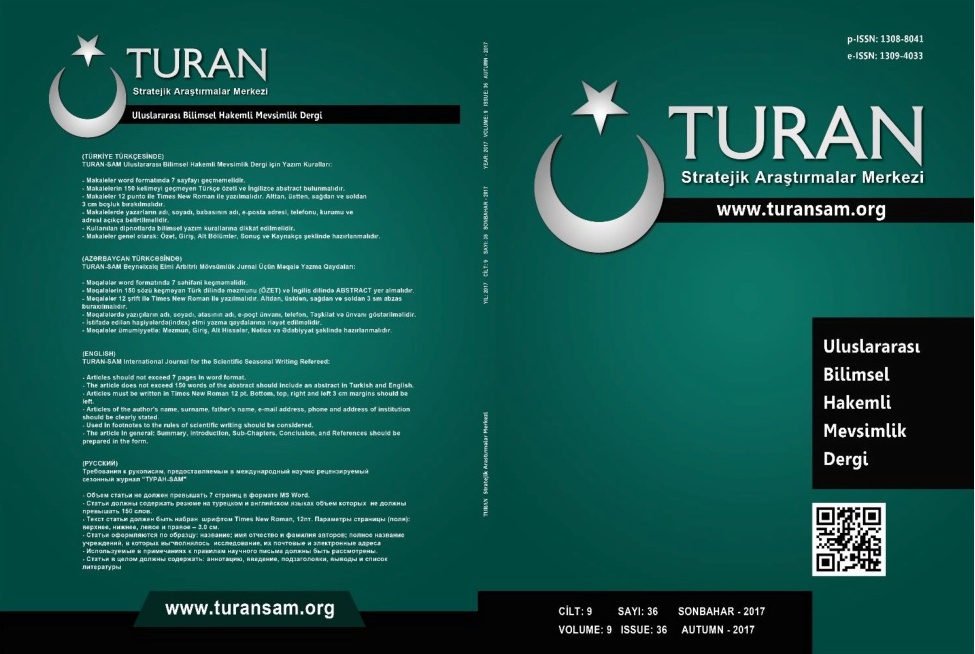Investigation of Conflict Between Identity and Religion in the Context of Symbolic Interaction Theory
Investigation of Conflict Between Identity and Religion in the Context of Symbolic Interaction Theory
Author(s): Ahmet ÖzalpSubject(s): Anthropology, Social Theory, Rural and urban sociology, Cold-War History, Identity of Collectives
Published by: Sage Yayınları
Keywords: Society; Identity; Cold War; Conflict; Religion;
Summary/Abstract: It can be argued that identity formation is the basis of all ethnic and sectarian wars in human history. From the moment people respond to who I am, they are differentiated, divided into groups, in conflict with each other in the direction of different aims and interests, on the basis of ethnicity, on belief and sectarian basis, but also on dogmatic and geographical team imperatives; in particular, the power, resources and ideological differences that identity-based nation-states lived with each other in the pre-cold war period cause humanity to experience two world wars. However, whether it is within the nation-states or within the nation-states, the distinction that can be drawn from this is that these differentiations are the factors that constitute the basis of the division into groups. In this emerging conjuncture, the conclusion that every person who is identified will be a potential separating element in the society should not be excluded. The fact that after the stages of socialization and identification with the direct effect of the society in which the individual lives, the reason why they live in harmony and in direct harmony with the society they live in and establish similarities in different societies is a sign of the presence of the unifying side of identity as well as the separating side in society. We will have entered the world literature as a result of a broad search for what our identity means to us, what are the underlying concrete causes underlying identity conflicts, and the extent of the effects of beliefs and religious factors in these conflicts and will try to examine the subjective judgments, sociologists and philosophers on the subject from a theoretical and philosophical point of view in the light of their work and views on the subject.
Journal: TURAN-SAM
- Issue Year: 9/2017
- Issue No: 36
- Page Range: 601-607
- Page Count: 7
- Language: English

